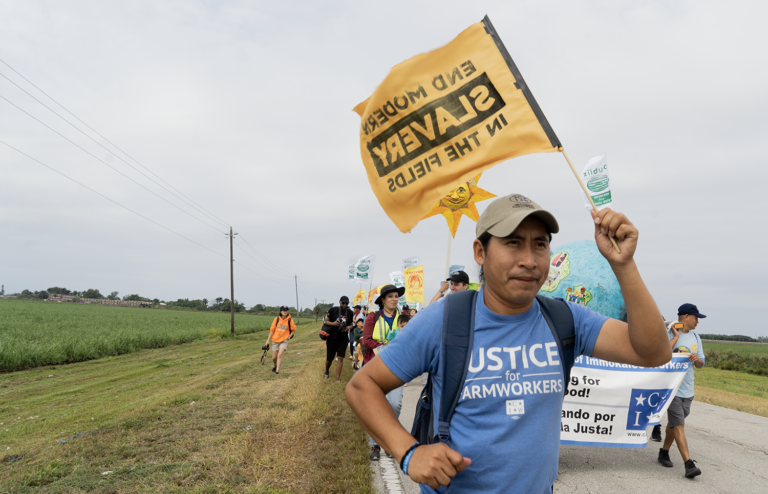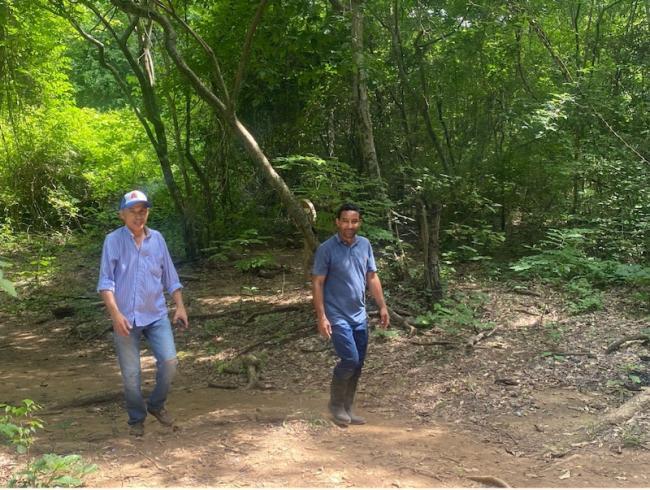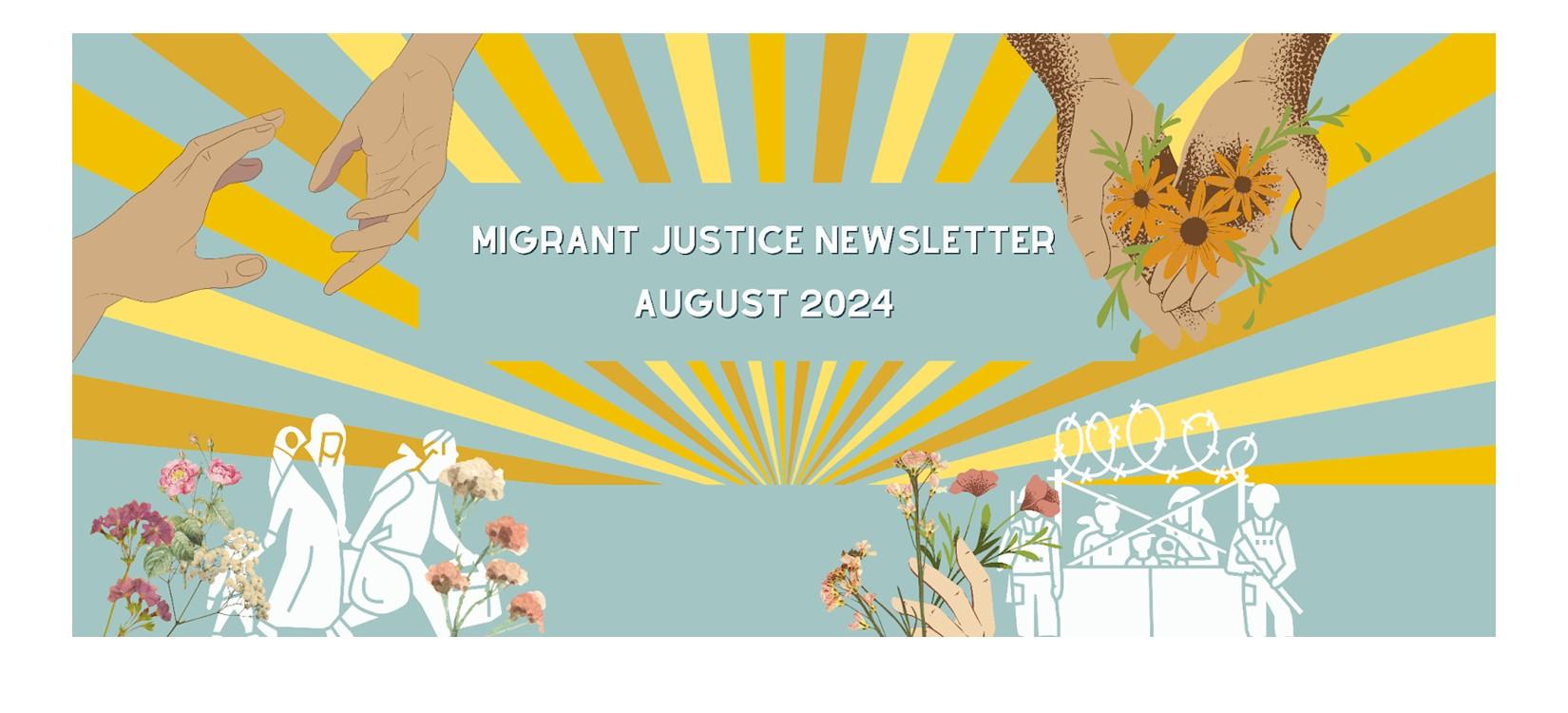After the elections in Guatemala, the “Pact of the Corrupt” tried to prevent the transfer of power to the democratically elected Bernardo Arevalo, who surprisingly won. But indigenous people managed to organize quickly and prevent this from happening. It was not an obvious battle for them to defend the representative democracy of a system from which they are excluded. Women, who are even more discriminated against in this system, have played a central role in this.
Abigail Monroy, Maya Kaqchikel and ancestral authority of Chuarrancho, said that now “we have a president who understands the people and is willing to work with the people”, but it is also “just a turning point on a long road”.
- Home
- About Us
- Issues
- Countries
- Rapid Response Network
- Young Adults
- Get Involved
- Calendar
- Donate
- Blog



